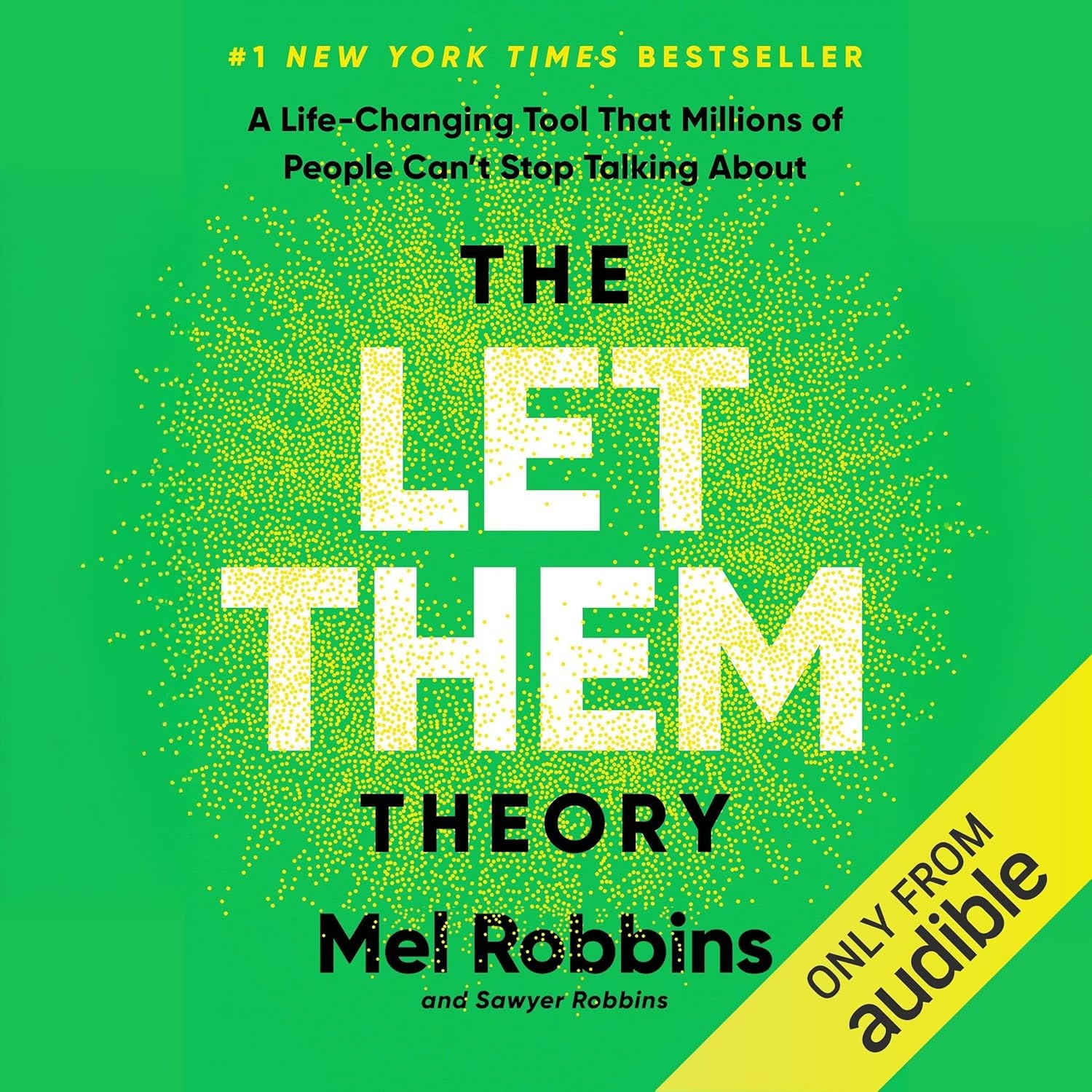![]() Joshua Braff’s family-drama novel, Peep Show, begins as the camera-toting David Arbus nears his 1975 high school graduation. Braff marks each new chapter with street photography as though possibly photographed by the protagonist himself. The allusion to famed real-life photographer Diane Arbus is clear.
Joshua Braff’s family-drama novel, Peep Show, begins as the camera-toting David Arbus nears his 1975 high school graduation. Braff marks each new chapter with street photography as though possibly photographed by the protagonist himself. The allusion to famed real-life photographer Diane Arbus is clear.
The story spans a few pivotal years of David’s turbulent coming of age. David’s newly-Hasidic mother disowns him, catapulting him into Times Square’s sex industry as it is on the brink of a new era.
Already kind of wise to the jig, David learns once and for all what his father really does for a living. The “Dad’s in real estate,” line his parents have always fed euphemistically really means he is a property owner in the burlesque business. Running the Times Square theater inherited from his father, Marty Arbus tries desperately to uphold the relatively subtle tradition of burlesque against the new onslaught of peep shows and pornography. Marty’s business partners insist they must keep up with the times to stay in business.
The novel is set to an engaging tempo as it strings together an unusual set of circumstances. Indeed, I was entertained. Reading from the vantage point of someone in the future, I wanted to tell Marty, “You can do it! Just two decades. Hold on for twenty some years and you can reap the rewards of the burlesque revival.” Yes, yes these are fictional characters. I was nonetheless compelled to engage with them this way. Yet, in reviewing Peep Show, there are certain shortcomings I simply cannot evade. This leads to my next sentiment. The characters are flat. This is most notably true of David’s mom, Miriam.
It is easy to dislike, even despise, Miriam. Here is a woman who disowns her own child for rejecting the fringe lifestyle she chooses midlife. Following their mom in toe, David’s younger sister learns Yiddish and integrates with the girls of the Hasidic families they come to know. This only serves as fodder for Miriam to further estrange David from his beloved sister.
It is likely that the ability to outcast one’s child, to vilify him in his home, is something I will simply never understand. But when this is the plot’s catalyst, well, then make me understand. Challenge me to identify, if even just an iota, with the character that seems so questionable.
As Peep Show courts the novelty of Hasidism, it stands to reveal aspects of a community many of us have not seen. It comes close to feeling like a ploy, though. Peep Show is inspired by a true story Joshua Braff heard about an Orthodox man who ran New York City peep houses. This seeming contradiction has promise as an intriguing story. Ironically, this is the exact dynamism absent from Peep Show.
This opinion is my own. Reviews elsewhere rave. So what is the final word? I guess you could pick up a copy and decide.
Emilie Tarrant has a B.A. in art history. When not working at Los Angeles’ archives and museums, she writes about her culinary mishaps at Ceci n’est pas un repas.




Love this review! Your writing is evocative and if the book is even half this good it’ll be excellent!
I will certainly not read Peep Show. Convincing, satisfying, and elucidating was the review.
P.S. I highly recommend the Edwardian short story/novella hybrid, Lady into Fox, by David Garnett (Virginia Woolfe contemporary). Incredible!
Finally, a reviewer who has an independent thought. Refreshing!